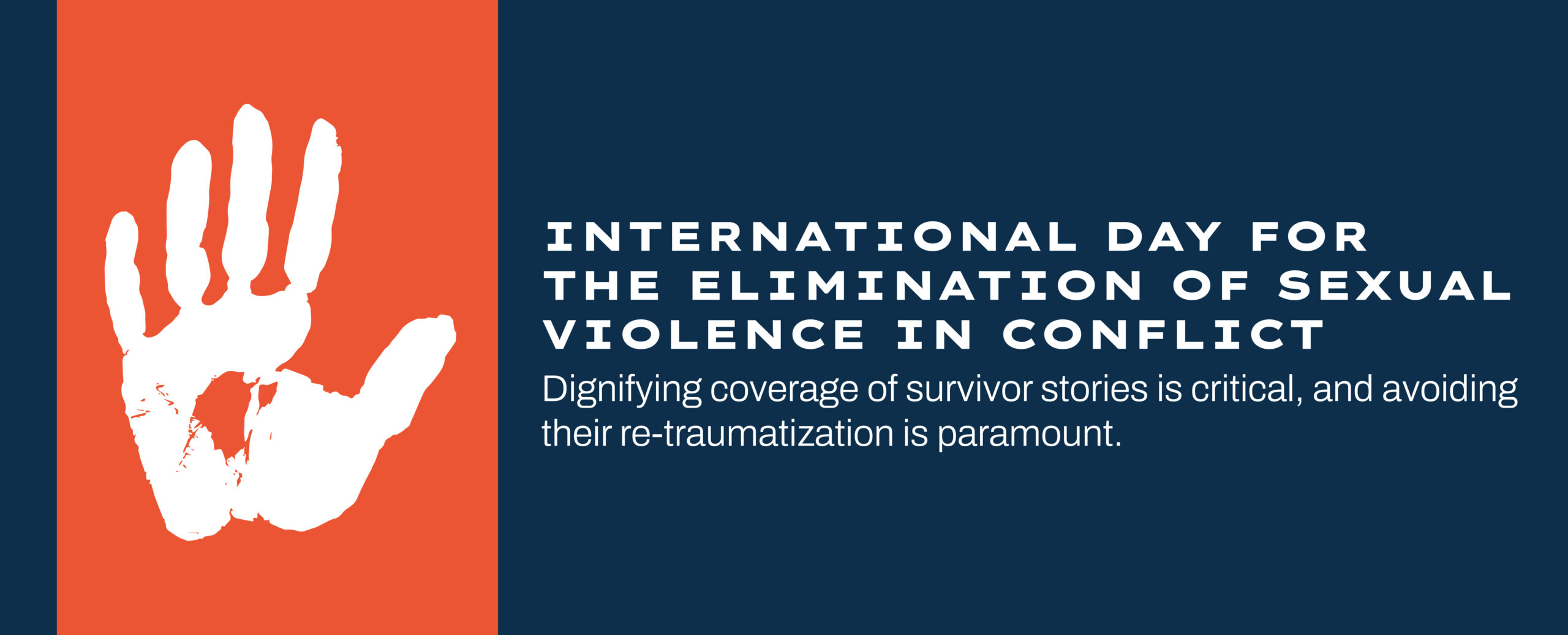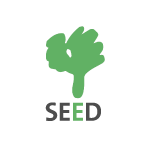
International Day for the Elimination of Sexual Violence in Conflict
The Importance of Ethical Reporting to Ensure the Safety and Security of All Survivors
Erbil, Iraq – June 19, 2024: On the International Day for the Elimination of Sexual Violence in Conflict, we are reminded of the power of language to shape our attitudes, norms and beliefs on this critical issue.
While reporting on violence of all kinds is essential – including conflict-related sexual violence (CRSV) – ethical and safe reporting is needed to ensure the safety and security of survivors, and to stop the proliferation of negative and harmful rhetoric and stereotypes that normalize impunity for perpetrators or stigmatize those affected.
As we approach the 10th Anniversary of the Yezidi Genocide on August 3, the thousands of women and girls who survived sexual slavery will be mourning the loss of their loved ones, hoping for the return of those still lost, and facing their on-going struggles with the physical and psychological injuries that have not yet healed.
Local, regional, and global media are expected to return to commemorate the genocide and to shine the spotlight back on the plight of survivors. While many survivors have resettled elsewhere, returned home, and been able to achieve key milestones such as graduate from university, marry, or start a family, many also still suffer severe trauma and poor mental health, as well as face continued economic, social, and other barriers to their recovery. It is the responsibility of each journalist, producer, or media practitioner to ensure that they take appropriate and adequate measures to protect all survivors with whom they engage. This includes:
- Obtaining Informed Consent: Ensuring each individual provides free and informed consent to publish their story with a full understanding of its purpose and use, and without feeling pressured.
- Ensuring the Safety of Interviewees: Analyzing potential risks faced by interviewees and ensuring publication will not put them in any danger.
- Conducting Ethical Interviews: Conducting interviews while respecting the agency and voice of each individual, and avoiding retraumatization.
- Ethical Photography and Videography: Taking ethical and humane images and videos that respect the safety of each individual – and introducing the possibility of using alternative visual aids if consent is not obtained.
- Survivor-centered Storytelling: Placing the survivor at the center of every story, while using appropriate and empowering language.
- Referring Survivors of Violence and Those At-risk: Knowing how and where to refer an individual to receive support services.
Survivors of violence and those at-risk based in the Kurdistan Region of Iraq can contact SEED for comprehensive case management, mental health, and legal support services: referrals@seedkurdistan.org OR 0751 741 6391 / 0776 0944 576.
Without these measures, women in Iraq and Kurdistan who speak to the media may be at risk of further violence, including retaliation by perpetrators, cyber-violence, harassment, femicide or “honor”-related violence, stigmatization and social isolation – particularly if any identifying information is shared by the media. With risks this high, the likelihood that violence will go unreported is great. Dignifying coverage of survivor stories is critical, and avoiding their re-traumatization is paramount.
Today, and every day, SEED calls for the universal commitment of all media practitioners, NGOs, UN Agencies, researchers, and others who amplify the stories of survivors to uphold the highest standards of care and ethical practices when reporting on violence against women and girls.
-ENDS-
SEED Foundation is a local NGO in the Kurdistan Region of Iraq, committed to protecting, empowering, and supporting the recovery of survivors of violence and others at risk. Our approach to this mission is integrative and holistic. We provide quality and comprehensive services, including mental health and psychosocial support (MHPSS), legal, protection, and shelter services; training, capacity building, and education for those working to protect and serve survivors; and policy and advocacy to strengthen laws, policies, practices, and protections for vulnerable people, and to promote social change.
For more information, please contact: media@seedkurdistan.org
